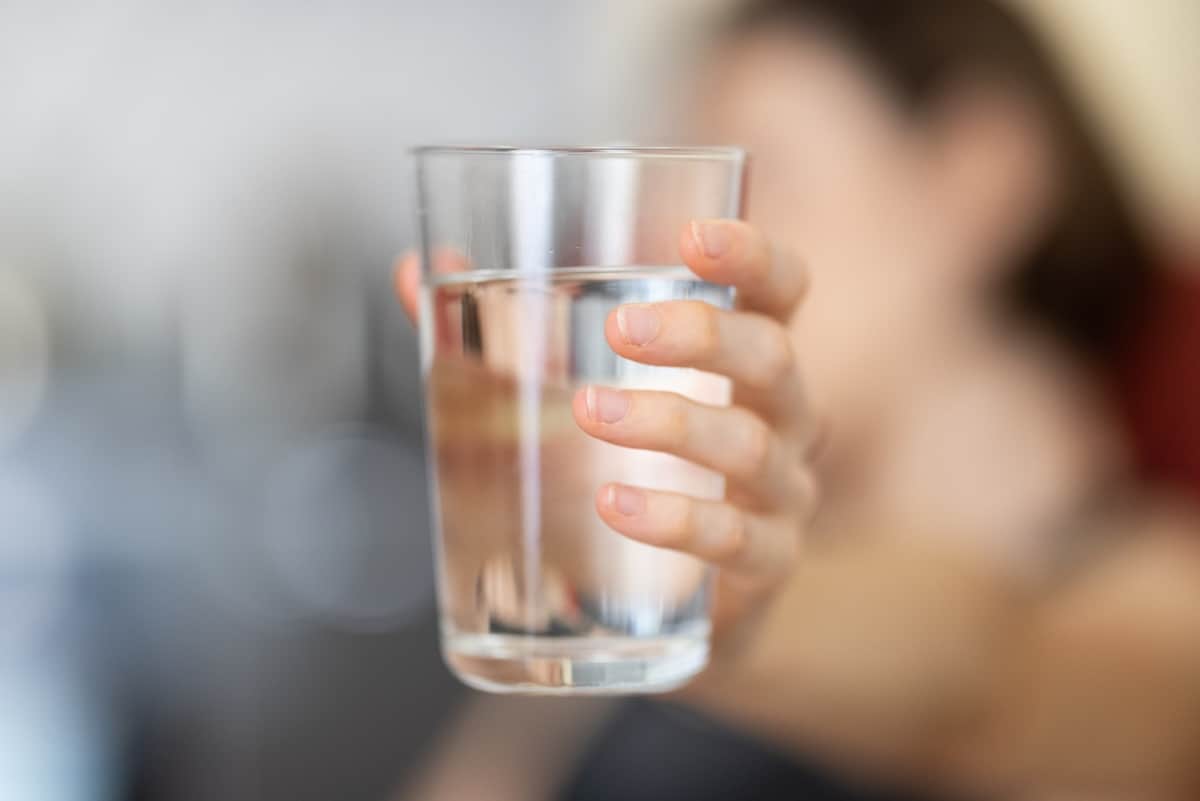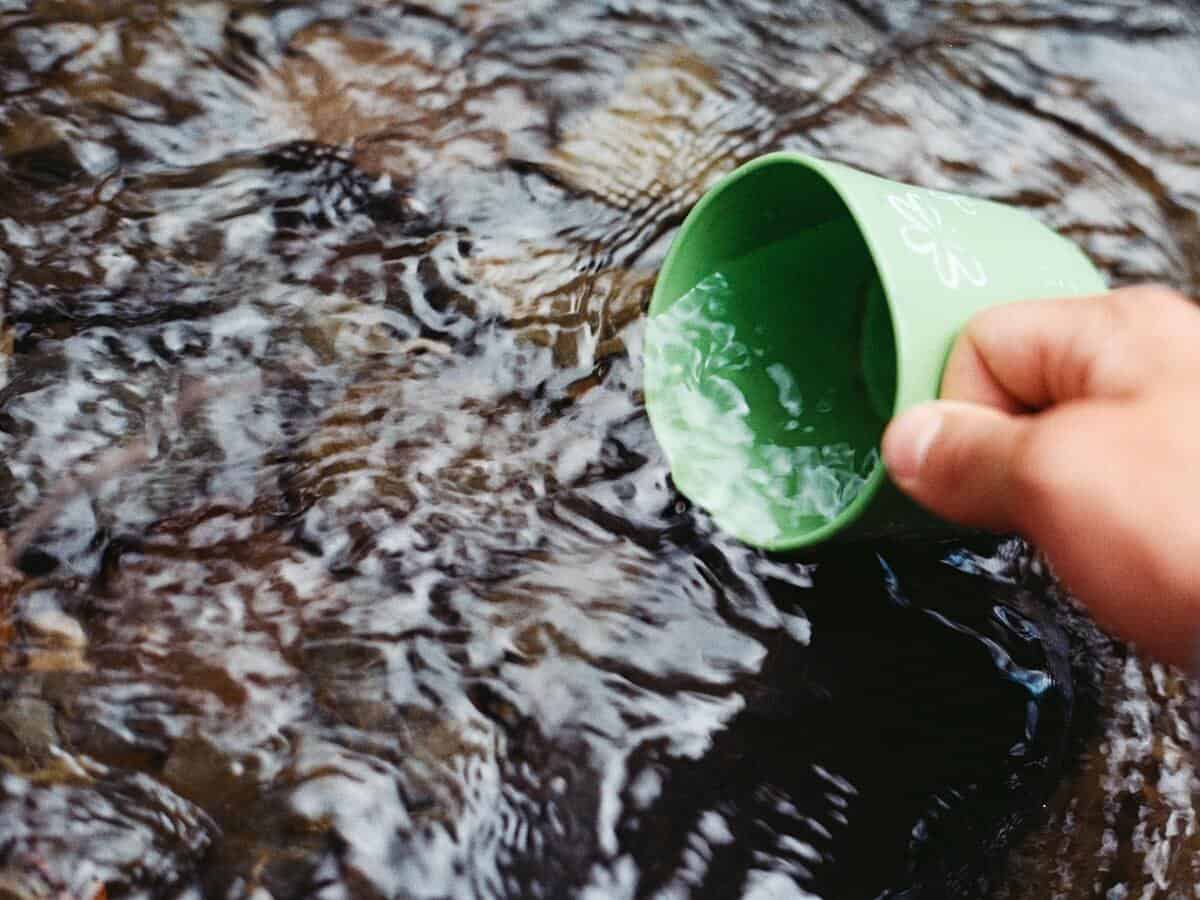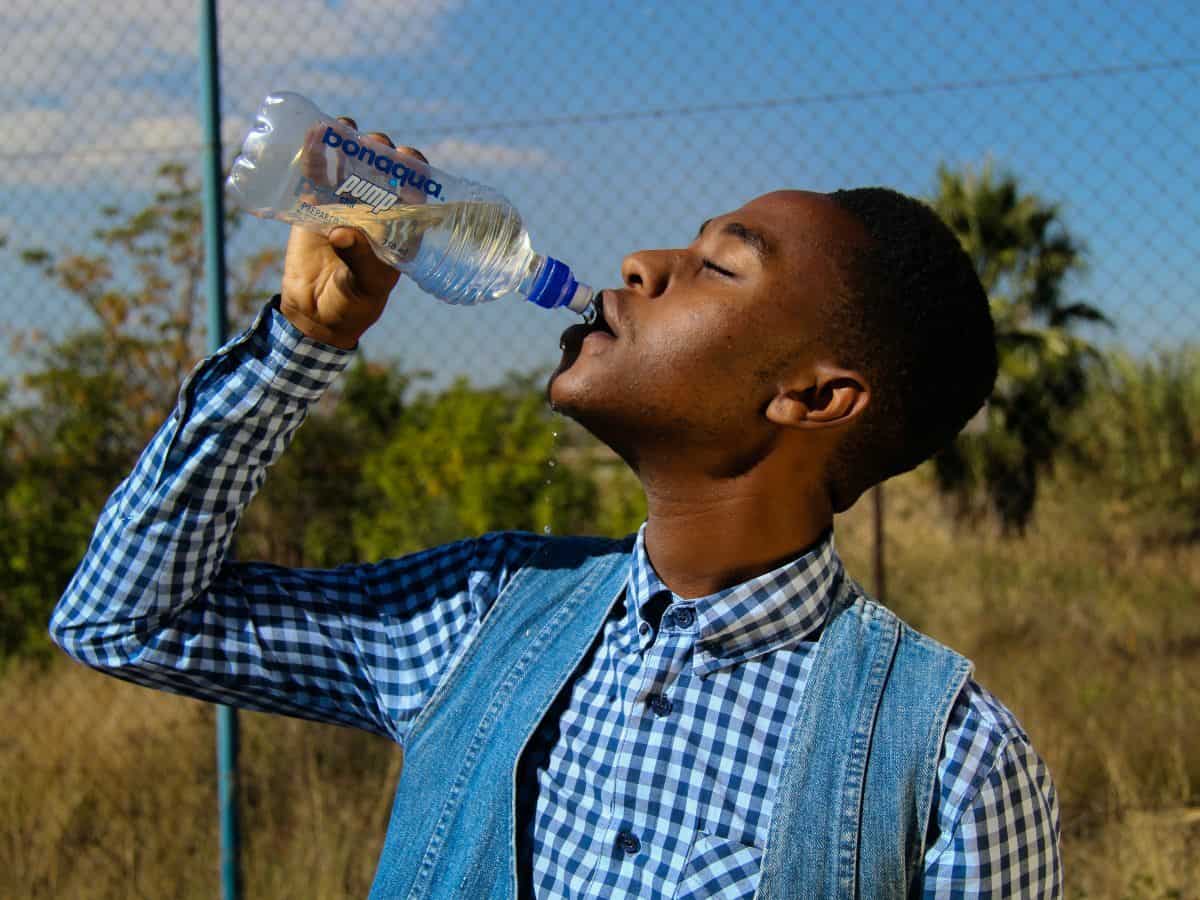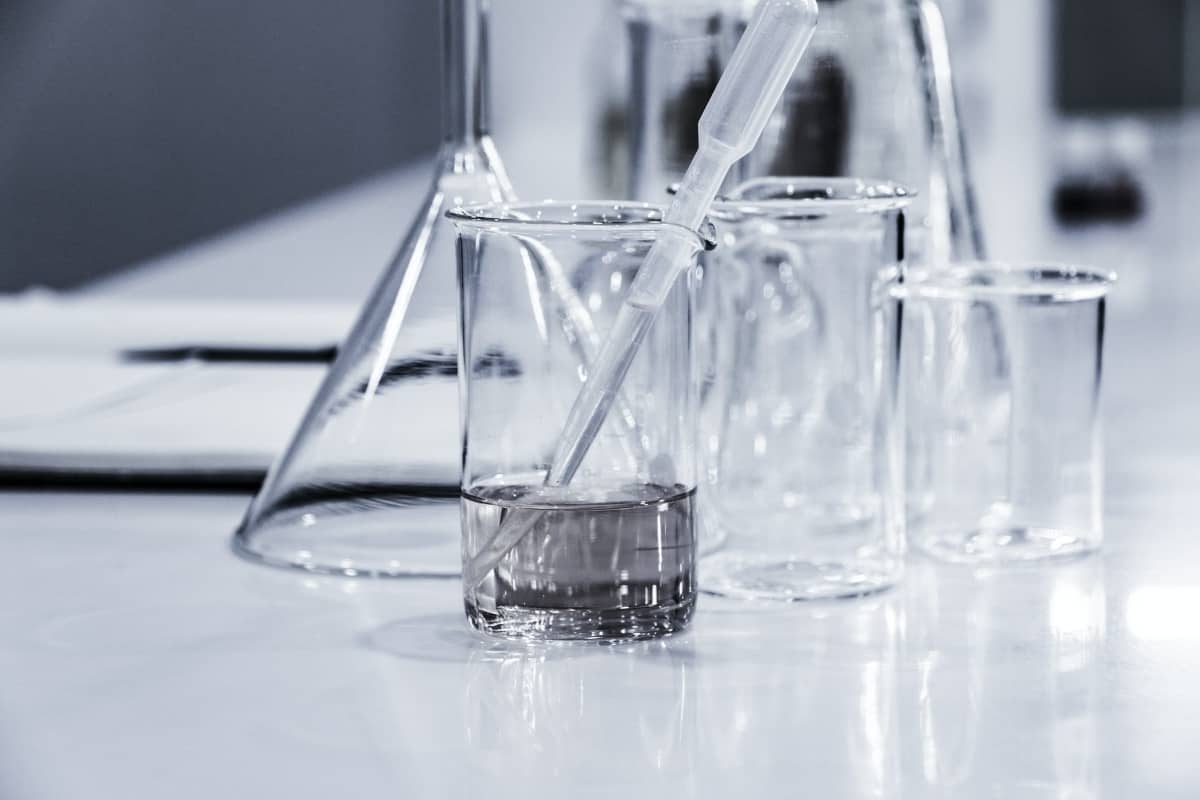The pH scale measures the acidic and alkaline content of water on a scale from zero to 14. Seven is the middle ground and is considered neutral. Pure water has a pH rating of 7.0. How does pH affect water quality is an interesting question and one that is continually debated. The pH level is one indicator of water quality. At either end of the scale, the water is not drinkable and may not be safe.
There are a lot of things that naturally have a lower pH rating. They are more acidic. For this reason, some feel a higher pH, or alkaline would be good for a person. How does pH affect water quality is a question they seek to answer by going in the direction of alkaline.
There are people advocating drinking water at higher levels than normal, or a pure 7.0 rating. Most alkaline water sold commercially is around 8.0 or 9.0 on the scale. Many health officials feel that more alkaline will not hurt a person, but whether it helps is still open for debate.
The Environmental Protection Agency (EPA) does not regulate the PH of water but recommends a pH of between 6.5 and 8.5.
The Science Behind pH
Water seems harmless as a clear liquid, but it can contain a lot of minerals and other microscopic materials. Many water systems add calcium to water with the theory that this helps dental health. Some areas of the country have naturally hard (alkaline) or soft (acidic) water that needs to be treated before it is drinkable. It is not necessarily unhealthy, but the heavy content of acid or alkaline makes it taste bad.
Another important point to realize about this scale is that the numbers represent a big change. One number on the scale represents a ten-fold increase or decrease in pH. For instance, a pH of 9 is 10x stronger than a pH of 8.
Acidic water is also likely to contain heavy metals and can damage the plumbing in your house over a long period of time by slowly eating away at the pipes. Heavy alkaline water also has minerals, but they stick to the pipes and can clog them. It would take many years, but it is something to be aware of.

Acidic Water
Water that has a pH below seven is considered acidic. At one extreme, water coming from a coal mine might have a pH of 2, which would be fatal to fish and wildlife, and would probably be harmful to a human. Slightly acidic water may have some benefits. Water just below 7.0 is good for bathing, washing hair, and washing fresh produce. There are many reasons water becomes acidic, ranging from natural causes to industrial pollution.
It is not recommended that people drink very acidic water. It can be bad for your teeth and bones. Some symptoms of drinking water too acidic include:
- Diarrhea
- Nausea and vomiting
- Abdominal pain
- Weakening immune system
- Chills or weakness
On the other hand, slightly acidic water may be good for your hair and skin, and keep bacteria from living on your body.
Alkaline water
With the possible negative effects of acidic water, it makes sense to want water to be more alkaline. Some studies have suggested that acid reflux can be relieved to some degree with alkaline water.
Alkaline water is called hard water and is more natural in some parts of the country. Water that flows over rocks and other natural areas becomes more alkaline. Some of the claims about high alkaline water include:
- Immune system support
- Anti-aging properties
- Colon cleansing
- Hydrating for skin health
- Weight loss
- Cancer resistance.
Water that has too much alkaline can also have immediate negative effects on a person. Some symptoms of too much alkaline include:
- Nausea or vomiting
- Hand tremors
- Muscle twitching
- Tingling on the skin
- General confusion

Acid Rain and pH
Some variation of the PH scale in nature is normal. Industrial pollution can make it more extreme and more harmful. According to the EPA, acid rain is what happens when rain becomes more acidic as it falls through a polluted atmosphere. Rain normally has a PH of around 5.5. When rain combines with sulfur dioxide or nitrogen oxide in the air – which is from factory pollution – it can dip to a value of 4 or 4.5. This means it is 10 times more acidic as a result of industrial pollution. Pollution has a lot to do with answering how how does ph affect water quality.
Nature is all about balance, and most of the time it can balance itself without a lot of problems. Rain is naturally a little acidic, but that is balanced by the rainwater flowing in streams and rivers. Even in lakes, the water gets less acidic. It only becomes a problem when nature can no longer achieve the balance it seeks. When there is too much pollution in the air, it makes rain even more acidic, so much so that nature can no longer balance pH levels.
Pollution
Pollution can also cause water to become too alkaline. While acid rain causes problems by water falling, materials falling into water can cause it to become too much the other way.
A study that measured trends of 97 rivers over the last 60 years found that two-thirds of the rivers along the East Coast had increased in their level of alkalinity. While the study noted it is counter-intuitive, the rise in alkaline in many rivers is caused by acid rain to a large extent. Higher alkaline negatively impacts drinking water, sewage systems, and increases the level of algae.
Pollution has a major impact on water quality by changing the pH levels to a dangerous level. Acid rain has been the culprit, but there is evidence that pollution can cause dangerous levels of alkaline in the water as well. Nature can balance the two to some degree, but pollution causes more change than nature can balance.
A PH level closest to the middle, 7.0 is the most healthy water you can drink. It is the purest. Pollution is the answer to how does pH affect water quality.
Claims About Alkaline Water
Maybe it is because of all the well-known claims about acid rain that make people believe that all acidic water is bad. It does make sense that if acidic water can cause problems, then more alkaline would be a good thing. There is a lot of debate in medical circles about the claims being made about alkaline water.
Public water systems keep their water between 6.5 and 8.5, which is considered healthy drinking water. Pure water is 7.0, meaning it is not leaning either way. There is a case to be made that this is the best water you can drink.
What Is Alkaline Water?
Alkaline water is water that has a higher pH than normal. Tap water may have a 7-8 rating, so alkaline water would be at about 9. Remember that one number represents a ten-fold increase.
There have been some studies that show some benefits in alkaline water.
- One study found people who drink water with a pH of 8.8 helped neutralize the chemical in the body that causes acid reflux.
- Another study showed people who drink alkaline ionized water had a reduction in blood pressure and high cholesterol.
- Another study showed high alkaline water had a positive difference in blood viscosity after a workout. This means their blood flows more easily, increasing oxygen delivery throughout the body.
Does It Really Work?
Health officials point out that these were small studies that have not had peer review, and the results have not been repeated with other studies. They say more research is needed to determine whether there is an actual benefit to drinking heavily alkaline water.
The Mayo Clinic is one of those that says more studying needs to be done. The clinic says alkaline water is not likely to alter the pH of one’s blood, which is a major claim made by proponents when touting the benefits.

The Power of Knowledge
The claims made about alkaline water may or may not be exaggerated to sell a certain kind of water, but there are enough studies to make a reasonable person ask questions.
At ONIT, we are here to help you with your home in many ways, and water quality is just one of those ways. We offer a free test to determine your water’s pH level, as well as other important levels. Our filtration system can correct the pH and get rid of most of the things that could cause you and your house problems.
With our water filtration system, you can: remove contaminants from your drinking water, avoid health risks by removing chemicals that cause hardness, and reduce wear and tear on your plumbing.
Call ONIT
Give ONIT a call today to get your water tested and learn more about our water filtration system. In addition to water systems, we also offer smart security systems, solar energy systems, insurance, and concierge services. We are here to take care of a lot of big projects so you can take care of the things that matter to you most! Visit us online or give us a call today at 1-833-433-0331 to get started.


